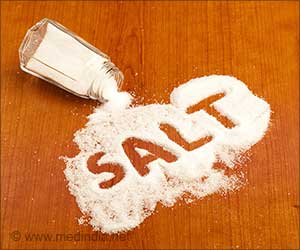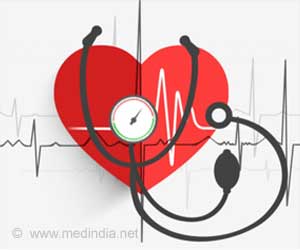
‘Treating lightheadedness with increased sodium offers no remedy, instead would contribute more to cardiovascular diseases.’
Tweet it Now
"Our study has real clinical and research implications," said Stephen Juraschek, MD, PhD, the study's corresponding author and a primary care physician at BIDMC. "Our results serve to caution health practitioners against recommending increased sodium intake as a universal treatment for lightheadedness. Additionally, our results demonstrate the need for additional research to understand the role of sodium, and more broadly of diet, on lightheadedness." The researchers used data from the completed DASH-Sodium trial, a randomized crossover study that looked at the effects of three different sodium levels (1500, 2300, and 3300 mg/d) on blood pressure. All participants ate each of the three sodium levels in random order for four weeks. Half of the participants ate the sodium levels in the context of a typical American diet (a control diet) while the other half ate the sodium levels consistent with DASH diet guidelines. The original trial showed that by lowering sodium, blood pressure was also lowered - and was the basis for current guidelines for sodium consumption. The study also asked people to rate their experience of lightheadedness when they stood up, although these data were never reported. As such, in this secondary analysis of the DASH-Sodium trial, the researchers examined the impact of increased sodium intake on postural lightheadedness.
The study's findings suggest that concerns about reducing sodium causing lightheadedness may not be scientifically based. It also further questions recommendations to use sodium to treat lightheadedness, an intervention that could have negative effects on cardiovascular health.
"Health practitioners initiating sodium interventions for orthostatic symptoms now have some evidence that sodium might actually worsen symptoms," said Juraschek. "Clinicians should check on symptoms after initiation and even question the utility of this approach. More importantly, research is needed to understand the effects of sodium on physical function, particularly in older adults."
The study also examined subgroups of the population, including older adults (age 60 and above) and adults with obesity. The effects of sodium on lightheadedness differed between these groups. In particular, higher sodium increased lightheadedness in younger people, but modestly reduced lightheadedness in older adults.
Advertisement
Advertisement












